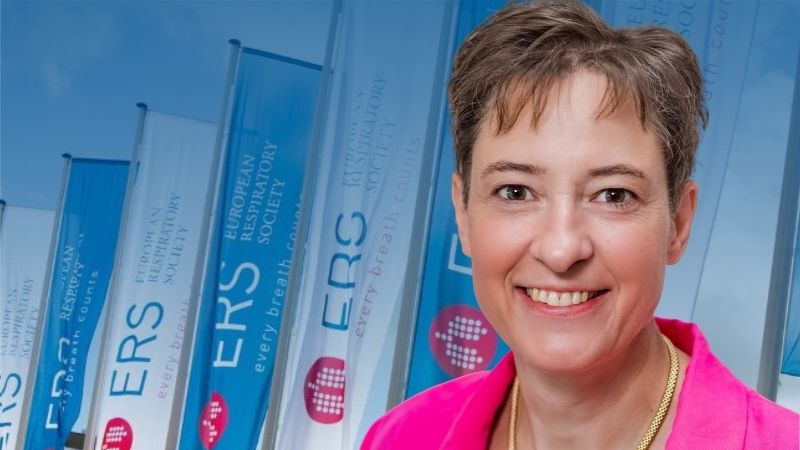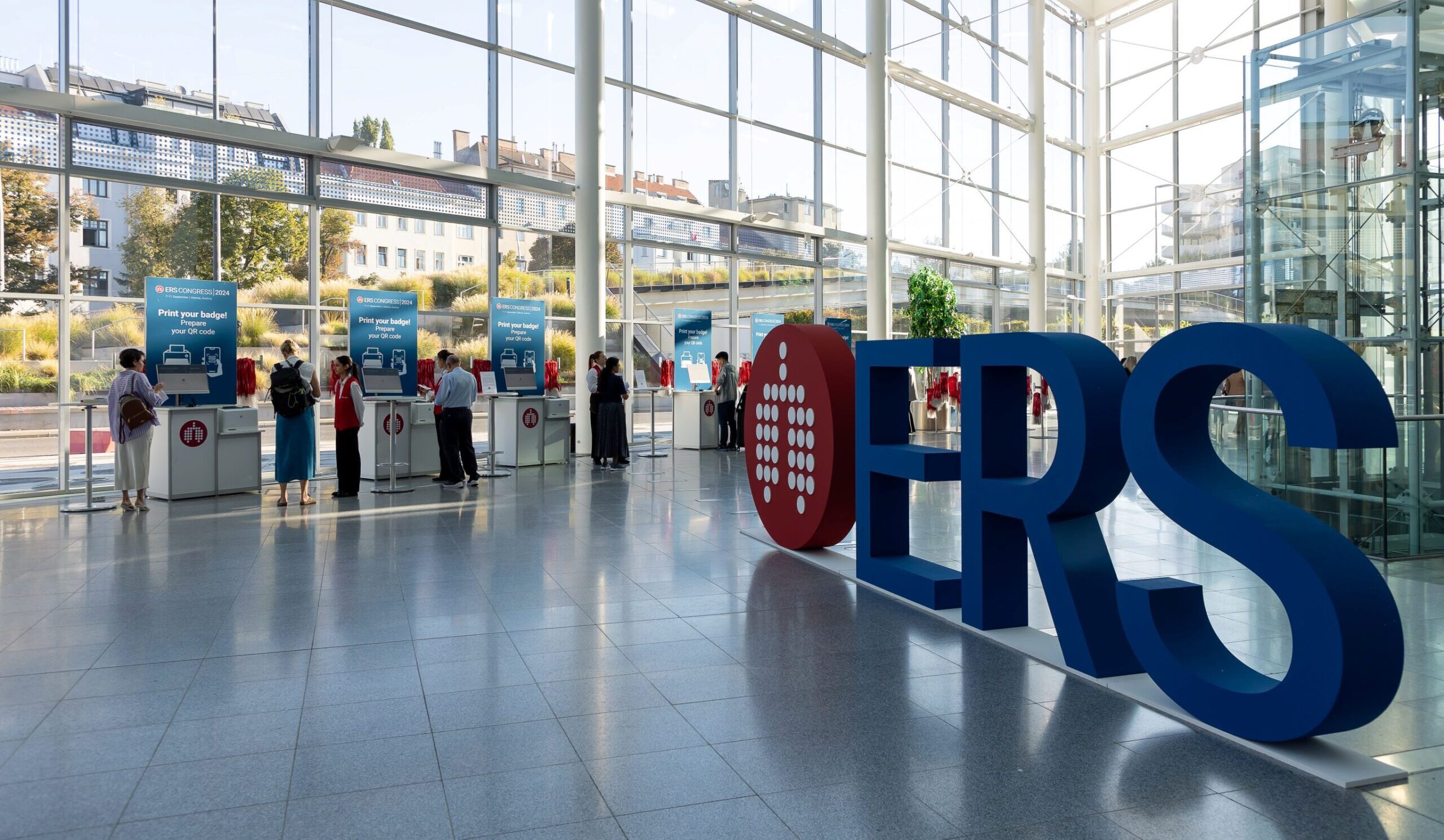Translation of ERS resources
ERS resources may be translated with permission from the Society. Our members and/or contacts can complete our online request form specifying the item(s) they which to translate and for what purpose. The form will then be reviewed and providing those details meet our criteria, translation can proceed. Following that, and for the purpose of quality control, we review the translation and give approval for use. The individual/organisation requesting translation is responsible for full cost of translation of their required items.
ERS policy on in memoriam/obituary articles
ERS in memoriam/obituary articles are reserved as a mark of respect and tribute for those who have passed away who have contributed significantly to the respiratory field alongside their contributions to and connection with the Society – such as officially appointed past ERS officers or leaders in the field who were also ERS members. Official tributes from ERS include these channels:
- Article on the ERS website
- Newsletter article (past officers only)
- Member notifications using our internal messaging tool (used at the discretion of the executive office)
ERS publications such as the European Respiratory Journal do not publish in memoriam/obituary articles.
The ERS and ELF commitment in times of conflict

 ERS Respiratory Channel
ERS Respiratory Channel
 ERS Respiratory Channel
ERS Respiratory Channel





